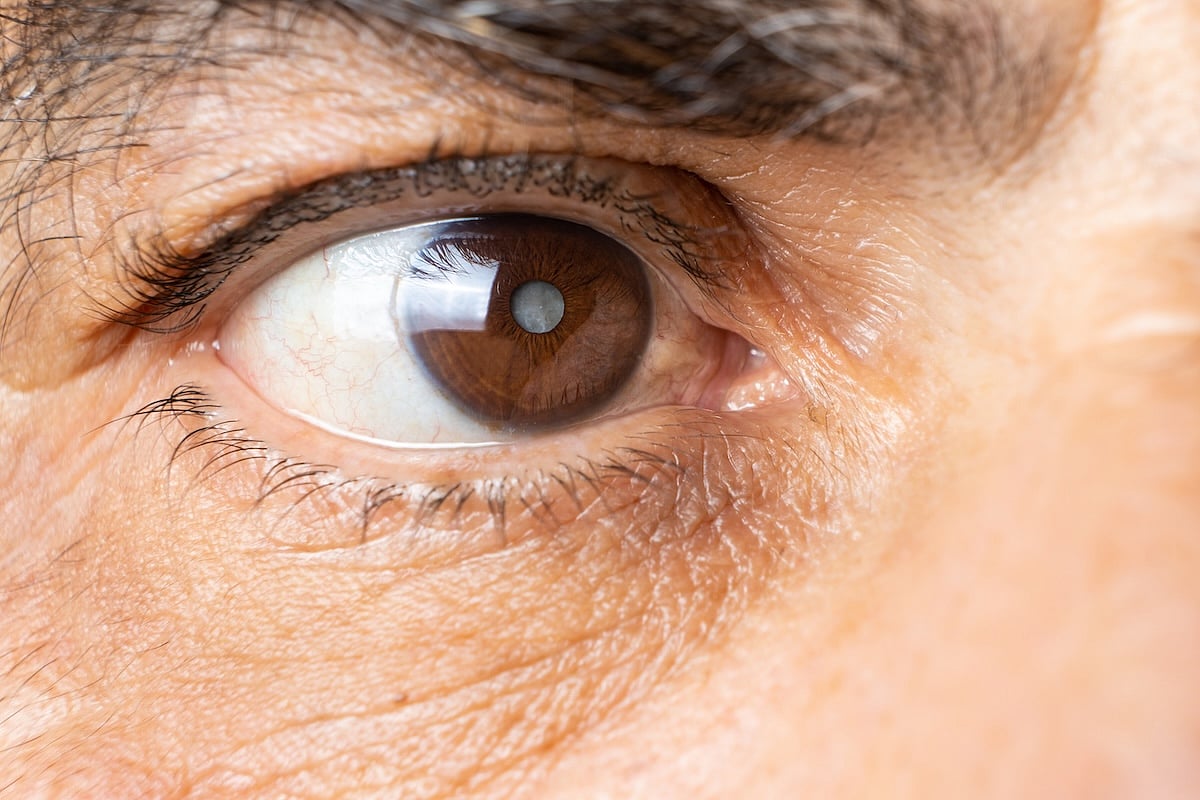We are administering the seasonal flu vaccine. Please call for appointments. Walk-Ins welcome!
Get Healthy!

- Posted October 23, 2025
Cataract Surgery Becoming An In-Office Procedure, Experts Say
Imagine popping by your eye doctor’s office for a quick cataract surgery.
That appears to be the future for this vision-enhancing procedure, researchers reported Saturday at the American Academy of Ophthalmology’s annual meeting in Orlando, Florida.
Hundreds of patients successfully received cataract surgery in a doctor’s office after taking sedative pills, as opposed to IV sedation at a surgical center or hospital, researchers reported.
What’s more, only 10% of patients required more sedation beyond the standard dose of 5 mg of diazepam for older patients and 10 mg for younger patients, researchers said.
No patients selected for office-based surgery needed to be rescheduled for IV sedation due to anxiety or restlessness, researchers noted.
"Before launching our office-based surgical suite, I would have anticipated that more patients would have required higher levels of oral sedation," said researcher Dr. Brad Feldman, a surgeon at Philadelphia Eye Associates.
"By just my second day in the office-based suite, I felt confident that this setting for cataract surgery was better for most patients in terms of comfort, convenience and safety," he said in a news release.
Cataracts occur when the clear lens of the eye becomes cloudy, impinging on vision, the AAO says. Surgery replaces a clouded natural lens with a clear artificial lens.
Cataract surgery performed in an ophthalmologist’s office is becoming more common, but sedation protocols have not been fully examined, Feldman said.
"We know that well over 100 private practices in the US have begun performing office-based cataract surgery and that the vast majority of these cases are being performed under oral sedation," Feldman said. "We wanted to share our center's specific approach as we believe it will be helpful to other ophthalmologists."
These procedures aren’t taking place in converted eye exam rooms, Feldman noted.
For example, his surgical space is built to standards comparable to outpatient surgery centers, including air filtration systems and dedicated electrical specifications, as well as sterile storage and processing areas.
The new study involved 729 cataract surgeries that took place in the office surgical suite. Only one of the surgeries had a complication occur during the procedure, involving gel from the inner eye leaking out into other parts of the eye.
More than 99% of the patients elected to have their second eye operated on in the office, even though a surgery center was available less than a half-mile away, researchers said.
Diazepam tends to take effect around the same time a person’s pupils become dilated from eye drops, Feldman said. Doctors can quickly evaluate both the pupil and the patient’s sedation level before entering the operating room.
"Unlike with IV sedation, patients are not brought into the operating room until they are deemed adequately sedated," Feldman said, noting this makes sedation levels during surgery highly predictable.
The team plans to continue collecting data on all patients undergoing cataract surgery in their office, and urges other eye surgeons to do the same.
Findings presented at medical meetings should be considered preliminary until published in a peer-reviewed journal.
More information
The American Academy of Ophthalmology has more on cataract surgery.
SOURCE: American Academy of Ophthalmology, news release, Oct. 18, 2025








